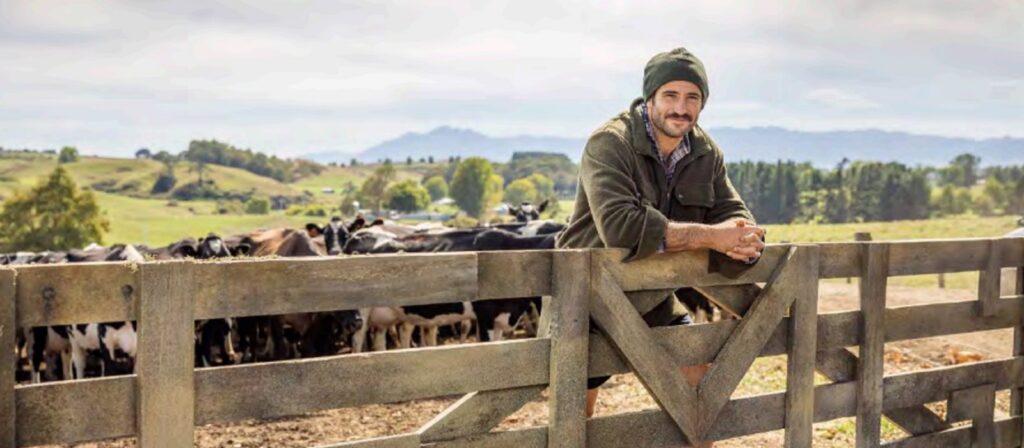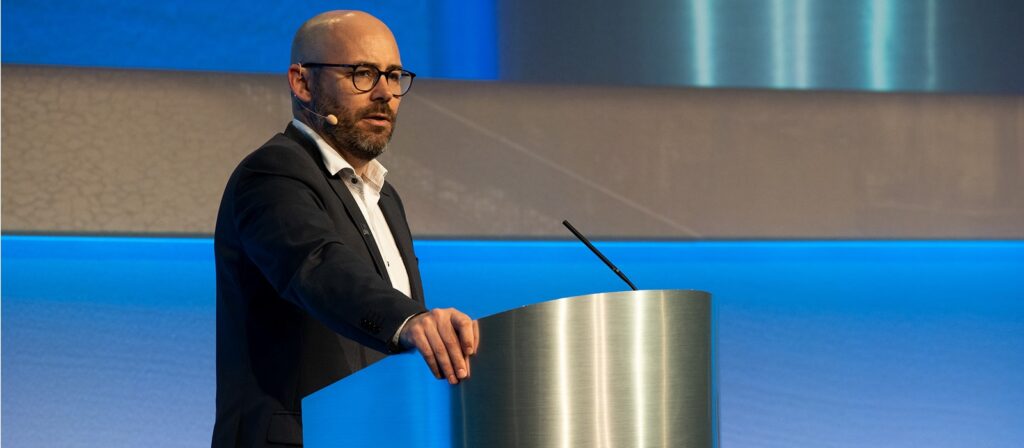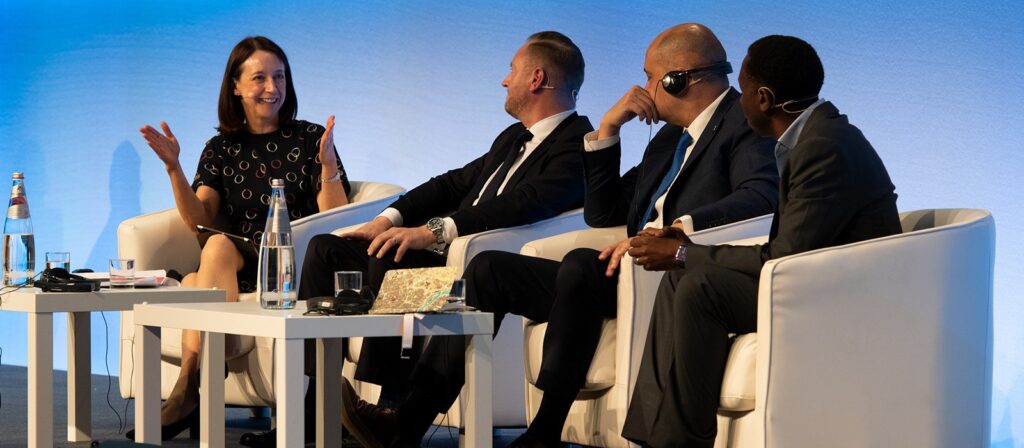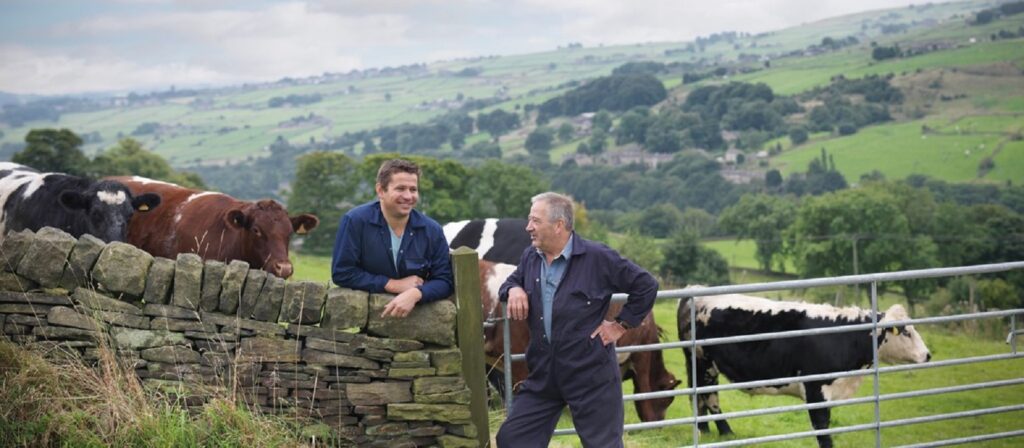FMG, the leading insurer for New Zealand's farmers and growers, differentiates itself through a relationship model that focuses on building customer intimacy and understanding its rural client base better than others in the market. As the organisation began to invest in digital capabilities to support its recent growth, it took an approach that would be guided by its mutual values and would align with its purpose of creating stronger and more prosperous communities in rural New Zealand. Because of this mutual ethos, FMG focused on how digital can support more efficient servicing and retention of its client base, lowering costs and freeing up its people to engage with more clients. This was truly put to the test in 2023 when New Zealand suffered two large scale catastrophic events that led to an influx of claims through its new digital service.
Farmers Mutual Group (FMG) is a mutual insurer based in New Zealand, founded by a group of farmers in 1905 who couldn’t get access to fair and affordable insurance. To this day, the company continues to focus on the rural sector, though it has also expanded its services to include lifestyle, commercial and residential insurance.
FMG has an organic growth strategy, meaning it invests in its people, its brand and its infrastructure. FMG has a direct-distribution model and its employees live and work in the communities they serve. They also having centralised contact centres claims and support services.
A mutual advantage built on customer relationships
Despite being a relatively small player in the New Zealand insurance market, which is dominated by two large stock companies, FMG has had strong growth in the last decade, averaging around 12% premium and 7% client growth per annum, and achieving a 95% retention rate during that period. FMG is also the leading insurer in the farmers and growers market, which is its core market, holding a 55% market share, a 13% increase since 2013.
A diversified client strategy is an integral part of the insurer’s business model. As the rural market is limited in size, due to the small population of farmers and growers, FMG relieves the pressure of premiums through the products it offers in other segments, allowing it to service its core membership by distributing operational cost through a larger client base.
FMG competes with its competitors through customer intimacy. While some competitors have the advantage of scale enabling them to do things faster, cheaper and more efficiently, FMG seeks to differentiate itself through customer intimacy, understanding and knowing its clients better than others in the market.
As a mutual owned by its rural members, the insurer aims to build long-term relationships, managing risk through prevention-focused advice and risk transfer solutions - such as its ‘Stop and Pop’ campaign, where FMG provides seasonal reminders for farmers to check for birds’ nests in their tractors before starting them up, resulting in a significant reduction in the number of tractors fires. The insurer provides outstanding customer service, often answering phones within 20 seconds, and, as it controls its distribution, it is able to visit clients onsite to offer premium face-to-face support. This results in an NPS score in the high 50s.
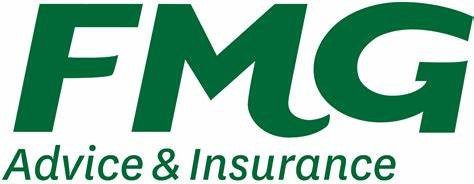
Published April 2024
So why invest in digital?
To support its growth, FMG invested heavily in its people, growing its headcount threefold in the past decade. However, recognising that continuing this level of growth is not sustainable, this has put pressure on process and service efficiency, an area where a digital service could relieve the burden.
Taking a data-led approach, FMG looked at what its clients were already doing with them. Their investigation showed that clients were choosing to interact digitally, and often outside of traditional work hours. By analysing activities on its Guidewire platform, it found that rural clients were the most likely to make changes to their insurance, due to the complexity of their business needs and the degree of risk they face. They were highlighted to be the key audience for FMG to be able to scale its digital offer. FMG also found that clients were more likely to edit and claim on their insurance than they were to add or remove policies, with rural clients most likely to make a claim.
Taking a product-based view, the company found that 80% of policy transactions occurred across seven main products and 88% of claims were occurring across a small number of loss types. FMG were also aware of several other requests they regularly got from clients which weren’t visible through analysing Guidewire, such as requesting copies of statements, making payments, or amending contact details. These requests were well positioned for digitalisation, due to the limited value provided in the processes.
Rural clients, who FMG provide a premium level of service to, were key to their digitalisation being a success. There is a common misconception that farmers are less inclined to prefer a digital service, however FMG questioned this and tested this belief with its clients. The insurer found that, while the face-to-face service was valued among its rural clients, they were also interested in being able to access their insurance and perform some functions themselves. FMG also saw the appeal of a digital service for its lifestyle and residential clients who did not receive the same premium level of service its rural clients did.
Taking a different approach to digitalisation, guided by mutual values
The majority of FMG’s competitors were focused on the opportunity to grow their topline and lower costs through digitalisation. While other stock companies were closing branches in their move to digital, for FMG, its purpose of creating stronger and more prosperous communities in rural New Zealand meant this was would not be a mark of success. Additionally, closing branches would not allow a seamless digital experience service for clients who had joined via different channels who would then be forced to use a digital channel for all future interactions.
Because of FMG’s mutual ethos, it focused on how digital can support more efficient servicing and retention of its client base, lowering costs and freeing up its people to engage with more clients. However, while the insurer had the advantage of recently implementing Guidewire for its core insurance platform, it did face some challenges which came from the insurer being over 100 years old, including a large amount of legacy data, and processes that were designed for and in an offline world. There was also the question of where to begin and at what point the digital service would have a Minimum Viable Product (MVP) that the majority of its clients could use.
FMG began small, in order to innovate in a way that was built to last, by building out five key digital features of adding, editing, cancelling, claiming and paying for insurance. It limited this initially to only policies for domestic use vehicles and made a BETA version available to clients who held only that insurance product with the company. It later expanded the products available and rolled the service out to more clients, until it had an MVP which allowed all clients to see all of their policies through a single login, though editing covers was limited to domestic house, car and contents. FMG have since significantly expanded the products clients can engage with digitally.
Being there for customers in challenging times
The shift from an account view to a policyholder view has had an overwhelming impact on understanding clients and being customer-centric for the insurer. This was truly put to the test in January and February 2023 when New Zealand suffered two large scale catastrophic events which left communities devastated and created a huge influx of claims. FMG’s digital service, FMG Connect, relieved the burden on the claims team by handling over 30% of claims, with many being resolved without FMG employee interaction. FMG’s NPS score is typically +6 higher for clients interacting digitally than its general score, and has been as high as +87.
Today, over 65% of FMG’s clients are registered with the digital service, transferring thousands of transactions away from phone and face-to-face channels and reducing demand on employees to serve a growling client base. By working with its supply partners FMG has been able to achieve client experiences where claims have been lodged and settled in under an hour. FMG continues to differentiate by remaining committed to its principles of choice, convenience and control, allowing clients to choose whether and when to interact digitally or through over channels.
About FMG
FMG is New Zealand’s leading rural insurer. It provides risk advice and insurance to over 96,000 people across 30 offices nationwide. It underwrites General (P&C) Insurance products (outsourcing for non-standard client needs) and partners to provide Personal Insurance products covering life and health. The majority (51%) of NZ’s Farmers & Growers put their trust in the mutual
FMG has been part of the New Zealand farming landscape for over a century. But although its historical roots are in agriculture, FMG also offers a broad range of business, household and personal insurances. And, as a mutually owned insurer, all its profits go back into the business to support its clients and help keep their premiums competitive.
